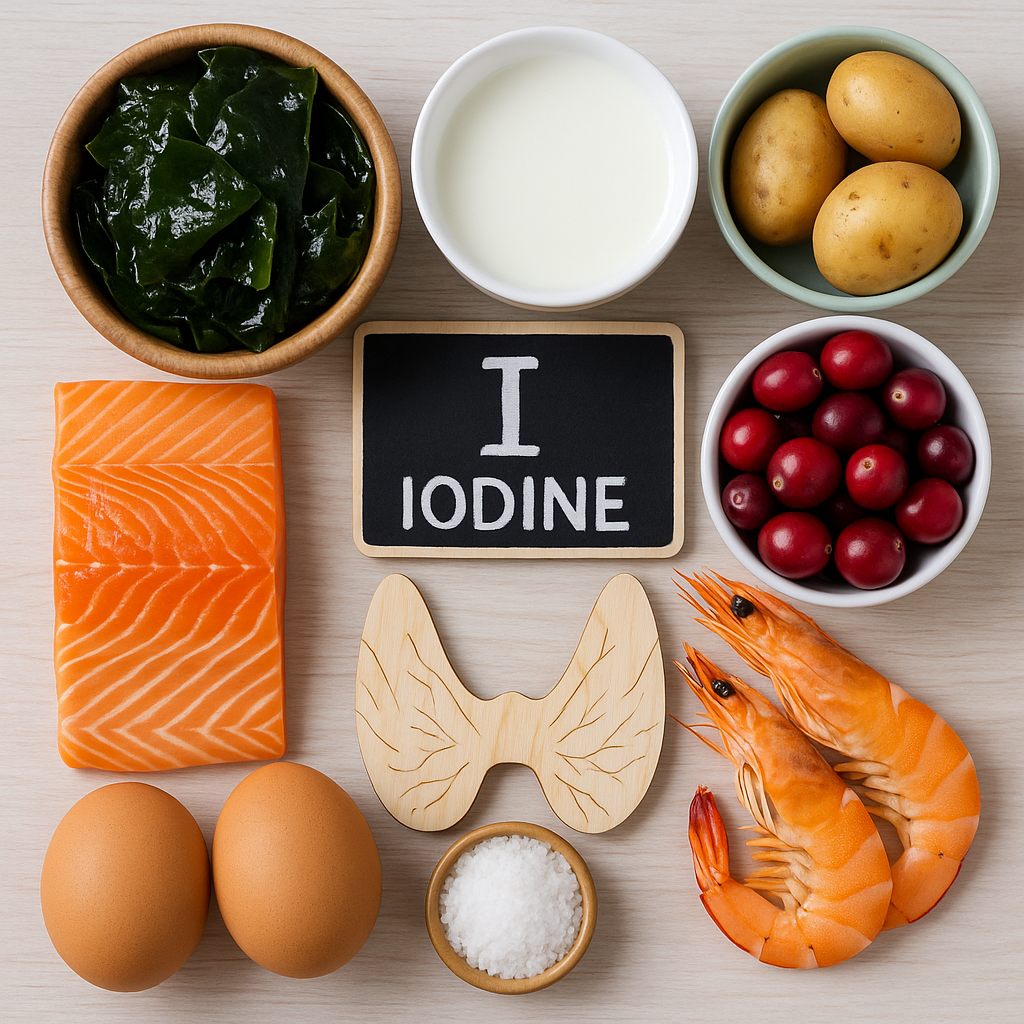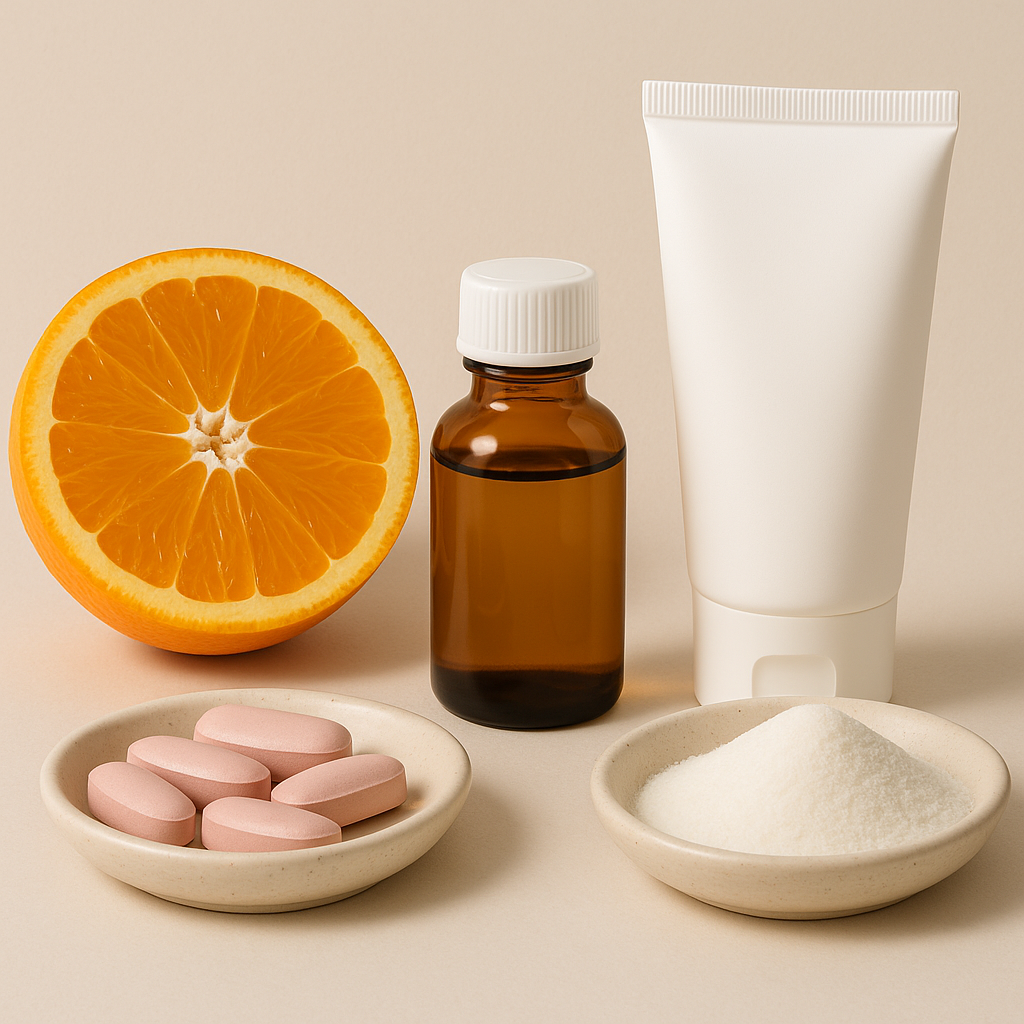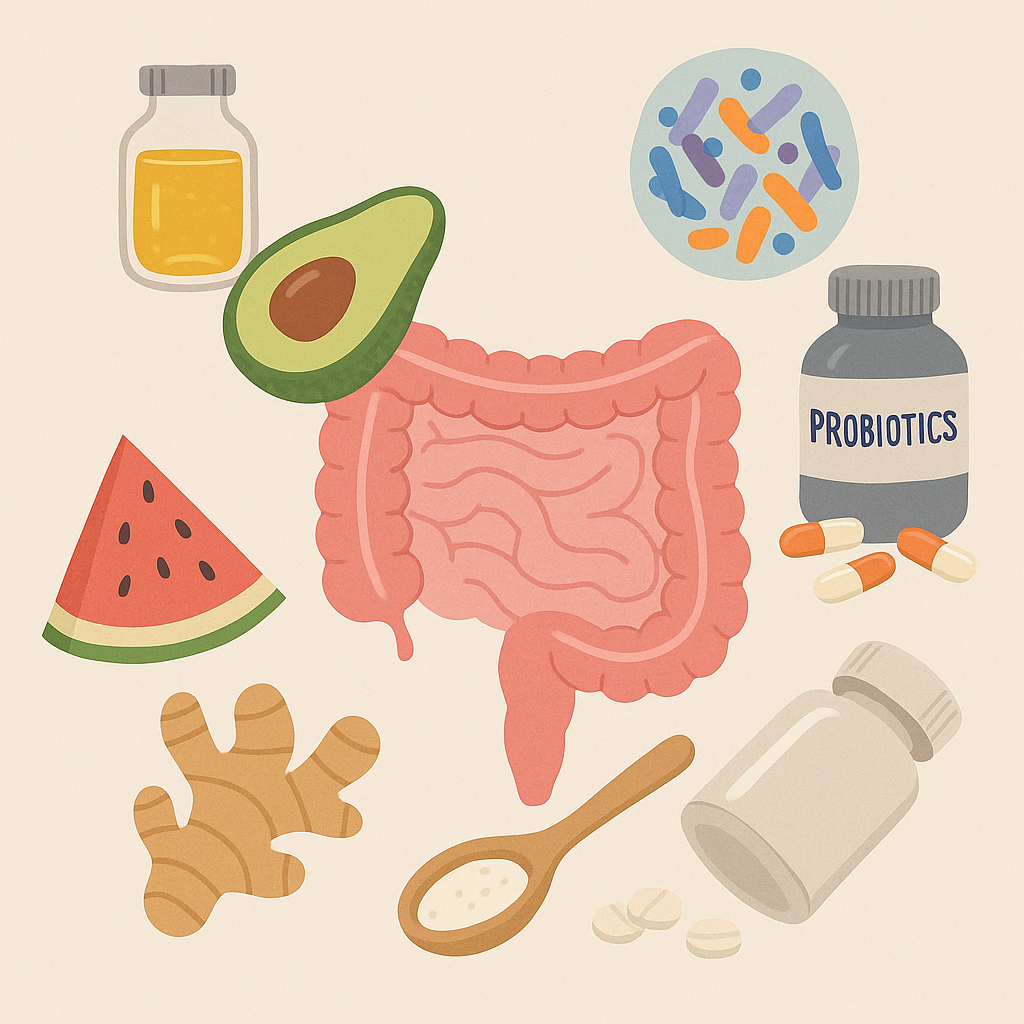News — LongLifeNutri
How to Reduce Fine Lines and Prevent Premature Wrinkles
anti-aging anti-aging collagen antioxidant skincare collagen supplements exfoliation facial massage fine lines hyaluronic acid hydration LongLifeNutri natural anti-aging peptide serum premature aging retinol skin elasticity skincare routine vitamin C for skin wrinkle prevention wrinkles youthful skin
Fine lines and wrinkles are natural parts of aging — but that doesn’t mean you can’t age gracefully or even slow the process down. Environmental stressors, lifestyle choices, and skincare habits all influence how early and how deeply wrinkles appear. The good news? Many of these factors are within your control, and with the right approach, you can minimize fine lines and preserve a youthful glow for years to come.
Skin aging starts sooner than most realize — often as early as our mid-20s — when collagen production begins to decline and environmental exposure starts to take its toll. But instead of relying on expensive procedures, there are science-backed strategies that support skin health from the inside out. In this guide, you’ll discover proven ways to reduce the appearance of fine lines and proactively defend your skin against premature aging.
The Impact of Iodine on Thyroid Health: Deficiency, Excess, and Food Sources
autoimmune thyroid goitrogens Hashimoto’s hyperthyroidism hypothyroidism iodine and metabolism iodine and thyroid iodine deficiency iodine during pregnancy iodine excess iodine for thyroid iodine in seaweed iodine rich foods iodine supplementation iodine testing iodized salt kelp supplements LongLifeNutri thyroid health vegan iodine sources
Iodine is a trace mineral that plays a massive role in one of the body’s most vital systems — the thyroid. Though required in small amounts, iodine is essential for the production of thyroid hormones, which regulate metabolism, energy production, temperature control, and even brain function. A deficiency or excess of this mineral can disrupt hormonal balance and lead to various health complications, particularly affecting the thyroid gland.
With thyroid disorders on the rise globally, understanding iodine’s influence is more important than ever. From goiters and hypothyroidism to autoimmune conditions and fatigue, iodine imbalances can have widespread consequences. But how much iodine do you really need, what are the best sources, and how can you avoid both deficiency and toxicity? In this guide, we break down the science, symptoms, and smart strategies to keep your thyroid functioning optimally.
Collagen and Elastin for Skin Health: The Role of Diet, Skincare, and Supplements
anti-aging skincare collagen collagen boosting foods collagen supplements elastin elastin support firm skin healthy skin diet hydrolyzed collagen LongLifeNutri peptides retinoids skin aging skin elasticity skin health skin nutrition skin structure skincare routine UV damage youthful skin
Healthy, youthful skin isn’t just about what you apply on the surface — it’s also about what’s happening beneath it. Two essential proteins, collagen and elastin, form the structural framework that keeps skin smooth, firm, and resilient. As we age, the natural production of these proteins slows down, resulting in wrinkles, sagging, and a loss of elasticity. Understanding the roles of collagen and elastin is crucial for anyone looking to preserve or restore skin health.
While aging is inevitable, the rate at which we lose collagen and elastin can be influenced by various lifestyle factors, including diet, skincare habits, and the use of targeted supplements. Through a strategic combination of internal and external care, it’s entirely possible to support your body’s ability to produce these vital proteins. Let’s explore how collagen and elastin work, and what you can do to optimize their function for glowing, youthful skin.
Common Digestive Disorders: Symptoms, Causes, and Management
bloating celiac disease digestive disorders digestive enzymes digestive health digestive supplements gas GERD gluten sensitivity gut health gut-brain axis heartburn IBD IBS lactose intolerance LongLifeNutri microbiome natural digestion remedies probiotics stomach ulcers
Digestive discomfort can be more than just an inconvenience — it’s often a signal that something deeper is affecting your gut health. Millions of people suffer from digestive disorders ranging from occasional bloating to chronic illnesses like GERD or IBS. These conditions can significantly impact quality of life, affecting everything from mood to nutrition absorption.
Understanding the symptoms, underlying causes, and proven management strategies for digestive issues is the first step toward lasting relief. Whether you're dealing with daily discomfort or seeking to prevent future problems, this guide explores the most common digestive disorders and how to manage them with lifestyle changes, dietary tips, and medical interventions.
Scientific Evidence: How an Anti-Inflammatory Diet Improves Health
anti-inflammatory diet anti-inflammatory foods anti-inflammatory herbs anti-inflammatory lifestyle autoimmune diet blood sugar control chronic inflammation curcumin food as medicine gut health health supplements inflammation and brain inflammation and heart disease inflammation reduction joint pain relief LongLifeNutri Mediterranean diet omega-3 benefits reduce CRP turmeric supplements
Chronic inflammation is increasingly recognized as a silent contributor to a wide range of health problems — from fatigue and joint pain to heart disease, diabetes, and even cognitive decline. While inflammation is the body’s natural response to injury or infection, persistent low-grade inflammation can damage tissues and disrupt normal functioning. Fortunately, one of the most effective ways to combat this is through diet.
An anti-inflammatory diet emphasizes whole, nutrient-rich foods that help regulate the immune response and reduce oxidative stress. Backed by mounting scientific evidence, this way of eating has been shown to lower the risk of chronic disease, support gut health, and promote overall vitality. In this article, we’ll explore the science behind the anti-inflammatory diet, key foods to embrace or avoid, and how to implement these changes for long-term health benefits.





